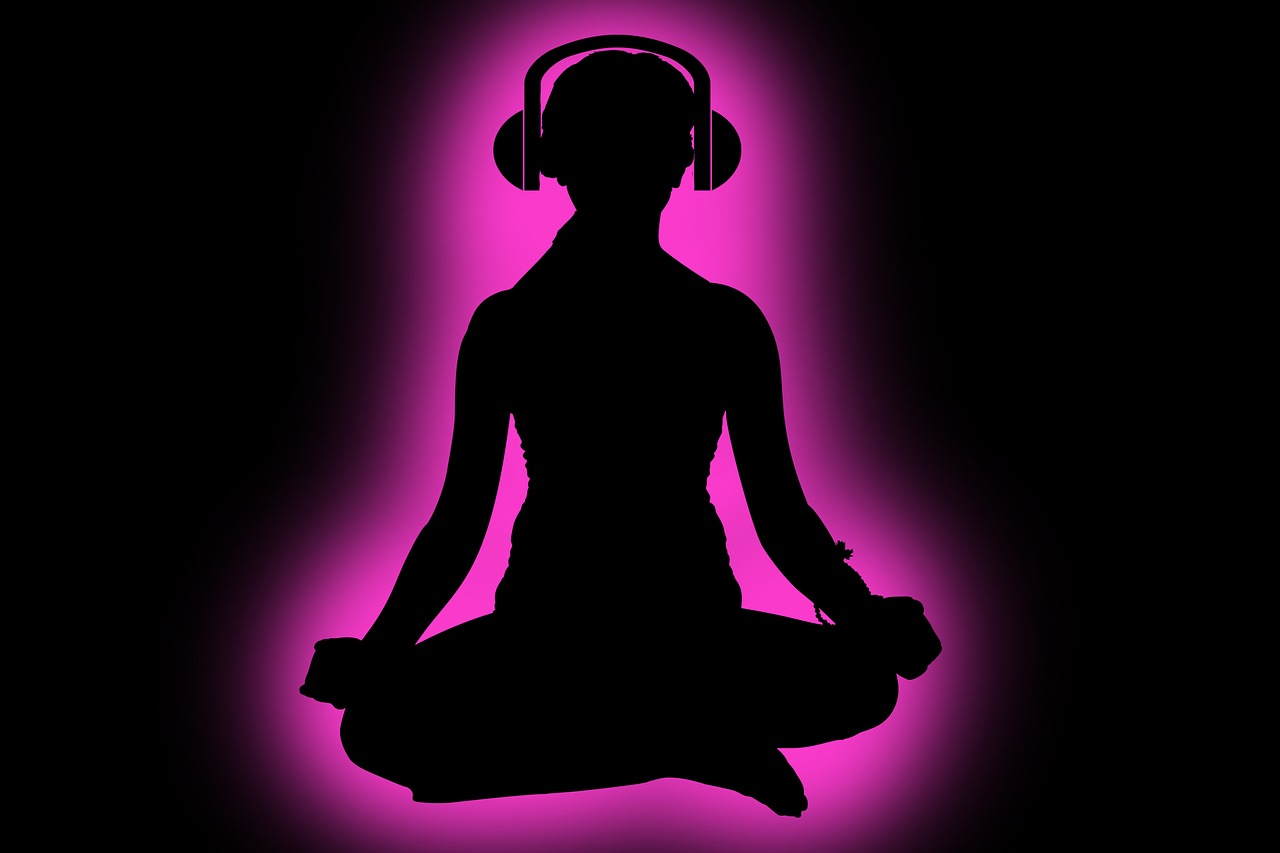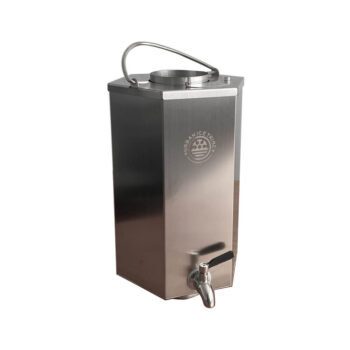How To Use Sound To Reduce Stress
Have you noticed that when you listen to water you immediately feel a calming sensation? The concept of alternative healing methods has gained popularity in recent years.
For example, cold water immersion like an ice bath has many health benefits. While many people use cold water and ice baths as one of the most critical components of boosting the body’s natural healing powers and the body’s immune system, there’s much more to alternative healing methods, especially when it comes to the senses.
Sounds can be an amazing way to help us relax. But how does sound and the process of sound healing do this, and how can we incorporate sound into our lives through the right practices?
How Does Sound Help Your Brain and Body?
The idea behind sound healing is that each part of your body will emit a certain frequency. Your brain will produce a wide range of frequencies depending on the state of your mind.
We can use sound to facilitate shifts in our brain by using what is known as entrainment.
Using frequency and rhythm as a part of sound healing we can give our brains the opportunity to elicit a certain response.
If we are prone to anxiety, using sound healing can train our brain waves so we can “downshift” ourselves to a more relaxed frame of mind and a better sense of spiritual well being.
Sound healing can help with a number of ailments that could underpin an individual’s anxiety. These include:

Unsplash – CC0 Licence
How Does Sound Reduce Stress?
Sounds, whether through music, natural sounds, or an artificial construct like binaural beats, can help you in a number of ways. For example, upbeat music can make you feel more energetic and optimistic, but a slower tempo can quieten your mind and relax you.
Music is effective in stimulating a response as findings suggest that the brain synchronises with the pace of the beats. This will explain why slower sounds cause the brain to slow down creating alpha brain waves, where the brain is more relaxed and passive.
What Type of Sound Healing and Sound Therapy Help With Stress and Anxiety?
In addition to music, sound healing can reduce stress in a number of ways including:
Binaural beats, where two different tones played simultaneously in each year which when played at certain frequencies can elicit a response from the brain. Binaural beats are commonly used for focus but they can also be used for relaxation.
Vibrational sound therapy is also known as vibroacoustic therapy. This uses low-frequency vibrations to stimulate the brain resulting in higher energy levels and reduced pain. Commonly used for people with conditions such as Parkinson’s and migraines or muscle cramps, it has also been beneficial in easing depression.
Tuning fork therapy involves applying pressure to different parts of the body with differently tuned metal forks that emit sound healing frequencies. Similar to acupressure, the goal is to reduce pain and tension and increase harmony in the body through sound healing.
Music for healing, such as neurologic music therapy, singing bowl therapy, and the Nordoff-Robbins method has been used for healing because they focus on improving stress levels.
It is also possible to listen to music as a way to help you relax before stressful events. Studies have shown that listening to music before a difficult experience can stimulate change within the nervous system, reducing the stress hormone cortisol to a normal level.

Pixabay – CC0 Licence
What Sounds Help To Reduce Anxiety?
One of the fundamental aspects of Autonomous Sensory Meridian Response (ASMR) involves numerous visual and audio triggers to create a tingly sensation throughout the body.
While there’s limited research into ASMR, the sound based triggers that are believed to help to reduce anxiety include:
Whispering.
Tapping.
Writing.
Additionally, natural sounds have helped to reduce stress. Recent reviews have been conducted on the effects of nature sounds on health, with recordings of a variety of sounds including:
Wind.
Thunder.
Frogs.
Insects.
Birdsong.
Natural sounds have been shown to reduce stress and part of the results highlight that when exposed to these environments in a sensory way makes us feel safe.
What Sound Frequencies Relieve Stress?
A lot of research has been placed on binaural beats and the relevant sound frequencies associated with stress.
Because our brain emits certain frequencies when in certain states, binaural beats have been designed to mimic these brain states and stimulate a certain response from our brain.
Our brain waves emit four different types of brainwaves with different frequencies:
Beta (β) between 12–35 Hz signifies being anxious or active.
Alpha (α) between 8–12 Hz is when the brain is relaxed and passive.
Theta (θ) between 4–8 Hz is deeply relaxed and focused inward.
Delta (δ) is between 0.5–4 Hz when we are in deep sleep.
Therefore, to stimulate the right response from your brain, you can use binaural beats between 4 and 8 Hz if you want to be really relaxed.
How Can You Adopt Sound Healing Into Your Everyday Life?

Source – CC0 Licence
As sound healing can benefit our entire mind and body, we can use sound healing through a number of simple practices that don’t involve attending a class:
Using Singing Bowls. Tibetan singing bowls or crystal singing bowls are commonly used in sound healing and are relatively inexpensive.
Playing the Drums. Drum rhythms can alter our brainwave frequencies and can help us to go into a more relaxed state. Drum circles are an excellent way to do this.
Listening to Binaural Beats. Binaural beats come in many different forms. From apps to YouTube videos, there are many great resources out there.
Listening to Music. Choosing the right type of music, from classical music to more relaxing and soothing sounds, can help reduce stress. It’s also worth noting that an individual’s preference can play a big part in how they reduce anxiety. For example, many people who listen to metal music have found themselves to be less stressed because of the cathartic nature of the music.
Final Thoughts on Sound
Sound healing is considered an alternative practice for many, but on a very simple level, it makes a lot of sense. A lot of people listen to music to relax and our bodies and minds react to certain sounds and music.
Sound is a very primal thing and has been around longer than any anxiety. So if you are experiencing anxieties, there’s a lot to be said for the healing power of sound and music.










